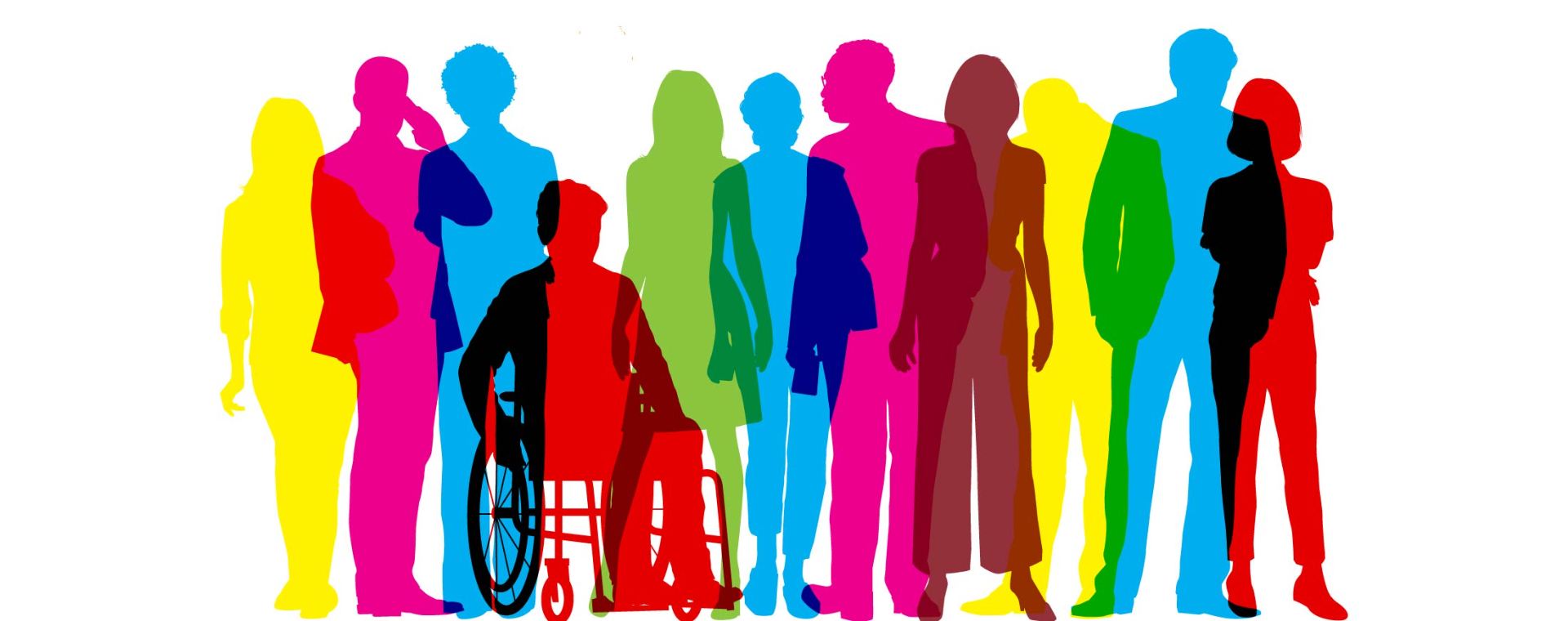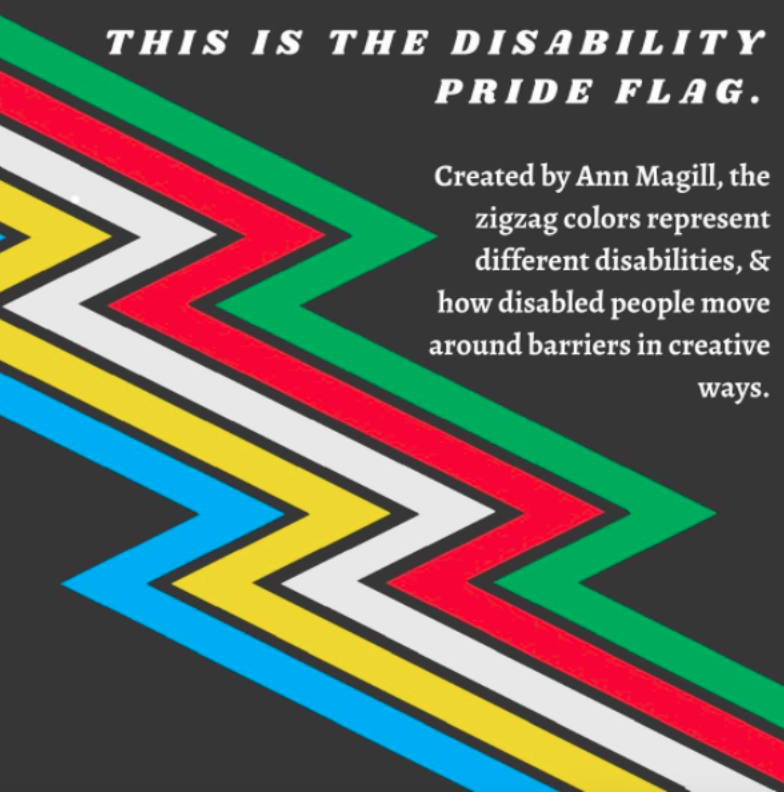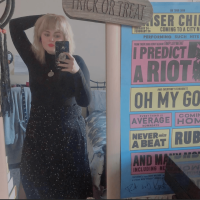Hi! I'm a third year history student who loves cats, music, tattoos and records! I'm passionate about disability and mental health advocacy and awareness :)

All about Disability Pride Month
July 18, 2021,
read.
This article is more than 3 years old
Why haven’t I heard about Disability Pride Month and what is its purpose?
The main reason why DPM isn’t widely acknowledged in the UK is that it originated in the US upon the signing of the Americans with Disabilities Act (ADA) in July 1990. The ADA is a civil rights law that prohibits discrimination against individuals with disabilities in all areas of public life, including jobs, schools, transportation, and all public and private places that are open to the general public.
The event started as one day, but as of 2015 it became an international month-long promotion of ending stigma surrounding disability, as well as celebrating disabled rights and culture. It creates awareness around the systematic ableism and discrimination that disabled people face worldwide and aims to challenge stereotypes.
Non-disabled people are presented with the idea that disabled people are in fact people, and that disability isn’t an inherently bad thing.

Reception of the event
As with any kind of movement, responses to Disability Pride differ hugely, even within the disabled community.
But, I can only speak for myself and personally, I find the event liberating as I only accepted my own identity as a disabled woman recently. I spent my formative years hiding and denying my limitations, painfully self-conscious of my scars and chronic pain, and making myself ill in the process. I was desperate to appear ‘normal’, and then suddenly, following a year of almost constant hospitalisation, I found an online community that embraced their limitations as a fact of life, rather than something to hide. I found comfort in seeing similar people unabashedly existing despite their limitations or access needs, and finally found my own voice to assert myself. I gained the confidence to apply for PIP and academic access requirements, and both of these things have improved my life enormously. So, Disability Pride Month is an opportunity for many to draw attention to our marginalisation and the (unfortunately) still-novel idea that disabled people aren’t all inherently miserable.
“Even if some don’t particularly like the concept of ‘disability pride’ I would still argue that anything that encourages somebody to feel unashamed and unapologetic about who they are cannot be a bad thing” – Samantha Renke
Why is Disability Pride Month Relevant in the UK?
Disability Pride Month can help dispel some of the myths surrounding disability, as well as draw attention to the stigma and systematic ableism we face from the people and systems around us. There are 14.1 million people in the UK living with disability, including physical, mental, hidden and learning disabilities, and yet we have very little representation in the media, institutions and popular culture, making a wide-scale movement all the more important.
A non-exhaustive list of the benefits of disability pride include:
- Reclamation of the word ‘disability’- it isn’t a dirty word to be whispered in hushed tones, and is to many a simple yet powerful descriptor. We are reclaiming a word that has bothered and belittled us for years!
- The movement draws attention to societal pressure to hide our disabilities, and why we shouldn’t be ashamed of them. We are a seemingly hidden section of the population and this event gives us a bigger public platform.
- The movement encourages us to assert our access needs, whether that’s in school, the workplace, in transport or financially.
- Despite the 2010 Equality Act, we are considerably less likely to be offered a job following disclosure of a disability or have reasonable adjustments refused.
- Wheelchair users can be ambulatory, and are not ‘wheelchair bound’ as mobility aids bring freedom.
- Disability Pride helps to debunk the idea that mobility aids are limited to the elderly or visibly disabled, and can be customised to suit you!
- The movement also draws attention to the lack of accessibility in public spaces, including improper use of disabled car parking spaces or a common lack of wheelchair accessibility in places like shops and cinemas.
- Disabled people can’t marry or cohabit without losing means tested benefits like Universal Credit, which drastically reduces our independence.
- Normalisation of wheelchair accessibility and subtitles for deaf or HoH people.
- Drawing attention to the lack of disabled representation in the media, other than tokenism.
- Showing that disabled people aren’t all doom and gloom stereotypes!
To end on a positive note, here are some of my favourite disabled content creators:




